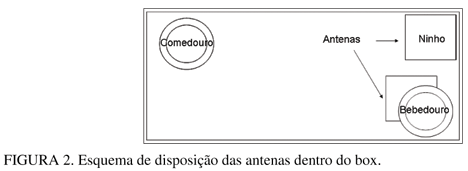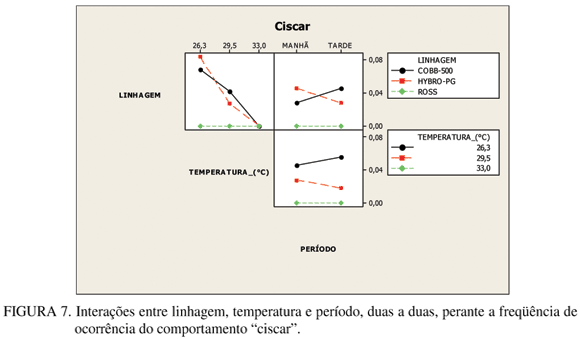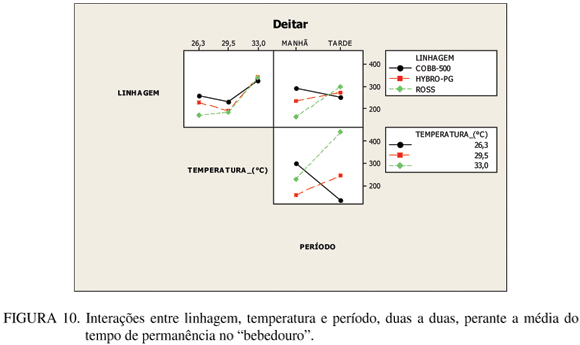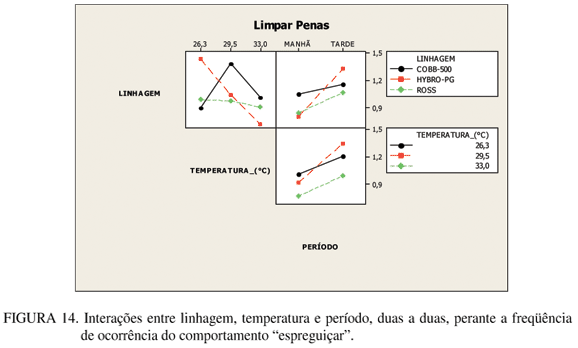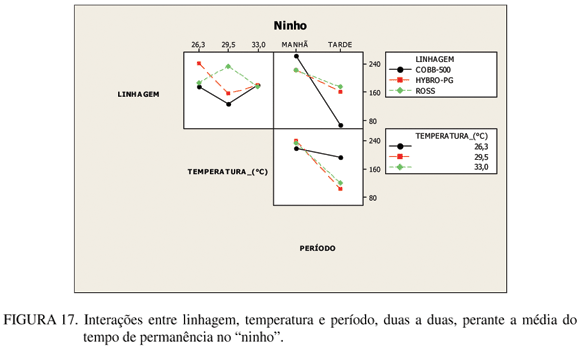Behavioral adjustments may occur fast and with less cost than the physiological adaptations. Considering the social behavior is suggestive that the frequency and the intensity of aggressive interactions, the total social cohesion and the extent of vicious attitudes may be used to evaluate welfare. This research presents an analysis of the interactions between the experimental factors such as temperature, genetic and time of the day in the behavior of female broiler breeders under controlled environment in a climatic chamber in order to enhance the different reaction of the birds facing distinct environmental conditions. The results showed significant differences between the behaviors expressed by the studied genetics presenting the need of monitoring them in real-time in order to predict their welfare in commercial housing, due to the complexity of the environmental variables that interfere in the well being process. The research also concluded that the welfare evaluation of female broiler breeders needs to consider the time of the day during the observation of the behaviors.
animal welfare; interactions; decision making support


